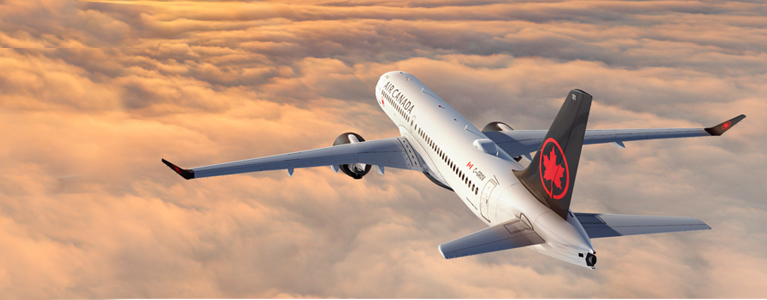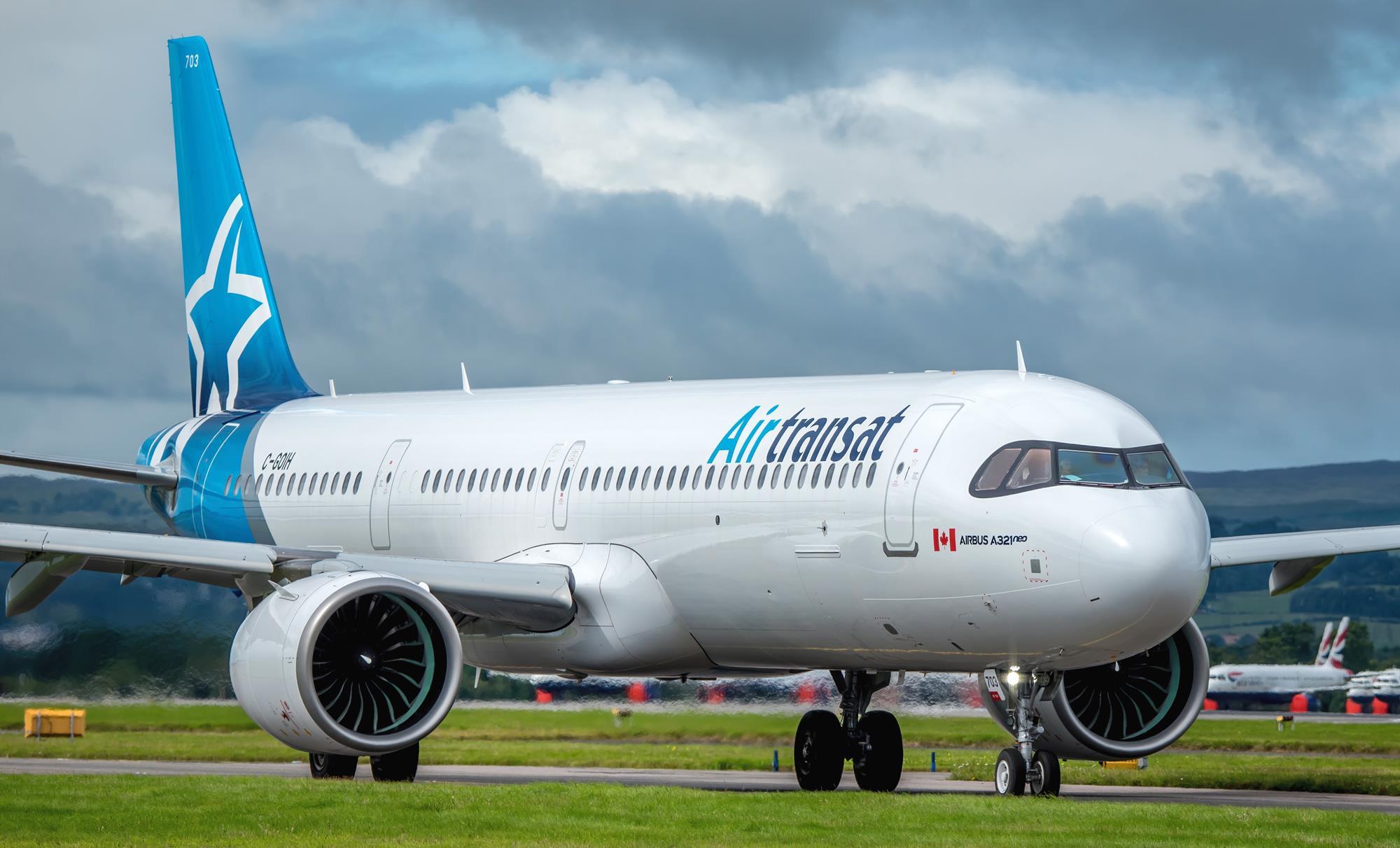
Air Canada Secures Additional Airbus A220-300s
Air Canada, based out of Montréal Trudeau International Airport, has taken another decisive step in expanding its fleet by exercising purchase options for five additional Airbus A220-300 aircraft. This move increases their total commitment for the modern, fuel-efficient aircraft to 65 units. The decision underscores Air Canada’s ongoing strategy to enhance its fleet with technologically advanced planes and improve the flying experience for its passengers.
From Initial Orders to Expanding Commitments
Air Canada’s journey with the Airbus A220-300 began in 2016 when it initially committed to acquiring 45 of these next-generation aircraft. Recognized for its efficiency and comfort, the A220-300 offers a significant reduction in fuel consumption and emissions compared to older models, making it an attractive choice for the airline’s expanding fleet. The second order bolstered this number, and with the latest acquisition, Air Canada demonstrates its confidence in the A220’s capabilities and performance.
The key features of the A220-300 include:
While specific delivery dates for these five newly ordered aircraft have not been disclosed, Air Canada recently announced during an investor event that it expects all firm-ordered A220s to be operational by 2028.
Strategic Implications for Air Canada’s Fleet
The inclusion of more A220-300s is part of Air Canada’s broader strategy to modernize its fleet. This aircraft is particularly suited to Air Canada’s operations due to its versatility and cost-effectiveness, enabling the airline to serve both domestic and regional routes efficiently. The addition of these aircraft is expected to provide a competitive edge, allowing Air Canada to optimize route networks while keeping operational costs in check.
Moreover, Air Canada’s focus on innovative, sustainable technology aligns with global trends in the aviation industry, where reducing carbon footprints is becoming increasingly important. The A220’s advanced aerodynamics and efficient engines make it a strategic asset in this regard, allowing the airline to minimize its environmental impact while maximizing performance.
Looking Forward: The Road to 2028
As Air Canada looks to enhance its operational capabilities, the full integration of the A220-300 by 2028 will play a crucial role. The aircraft’s advanced features and flexibility are poised to support the airline’s growth plans, particularly in expanding routes and improving service offerings. This move also symbolizes Air Canada’s commitment to innovation and sustainability, which are key pillars of its long-term strategy.
As the aviation industry evolves, fleet modernizations like these will be instrumental in navigating challenges and seizing opportunities. Air Canada’s proactive approach to upgrading its fleet with the Airbus A220-300 reflects a forward-thinking mindset, ensuring that the airline remains competitive and environmentally responsible.
Scudrunners.com



